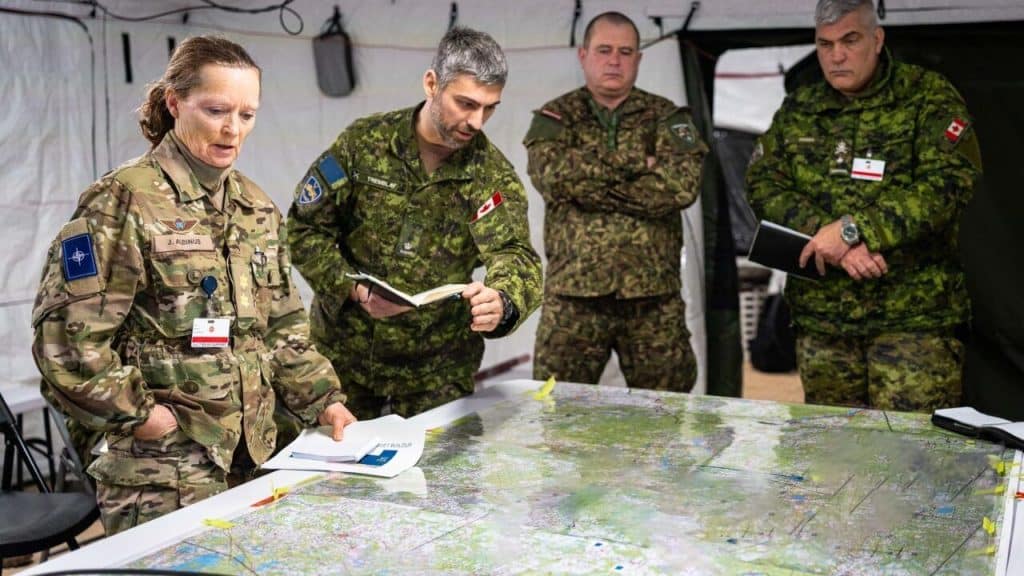European Think Tank: How to remove NATO from American leadership?
The report continues: In the summer of 2025, European leaders were rushing from summit to summit, holding numerous informal meetings in between. Perhaps it was then that they realized that their actions by 2029, NATO’s 80th anniversary, could determine whether the alliance survives the 2030s.
In his last appearance at NATO headquarters in mid-October, U.S. Defense Secretary Pete Hegsett made two points about what would deter the Russian threat. “First, a lethal, capable, European-led NATO,” he said. “Second, a credible Ukrainian military.” While the U.S. administration’s stance on Ukraine continues to waver, and has shifted again since the latest phone call between U.S. President Donald Trump and his Russian counterpart Vladimir Putin, the president has been remarkably steady in his efforts to shift the burden of NATO leadership from the United States.
In June, at the NATO summit in The Hague, Europeans took Trump’s 5% GDP stick and turned it into their new defense investment plan for 2035. They agreed to spend 3.5% of their GDP on core defense spending and another 1.5% on infrastructure and defense-related activities. Some may be hoping for benign changes in the security environment by then, such as Russia suddenly abandoning its desire to change borders or updating capability goals to provide similar deterrence at a lower cost.
The US presidential election is also scheduled for November 2028, and in 2029, NATO allies will review their progress. However, European intelligence services warn that by then, Russia may have acquired the capability to launch a military attack on Europe, as it has already intensified its “gray zone” campaign. Moreover, in 2028, US Republicans will want to build on the early results of Washington’s efforts to reduce its defense commitments in Europe and shift a greater share of the defense burden to European allies. If Europeans spend the next four years waiting for the American pivot from Europe and Russia’s ambitions for the continent to fade away without a plan, European collective security is all but doomed to failure.
Instead, Europeans should use this time to make NATO, its structures and its forces, largely European. If the Kremlin dares to mount an attack in the future, American contributions should be welcomed as an accelerator for Russia’s defeat, but Europeans can no longer afford to allow their defenses to remain dependent on America.

